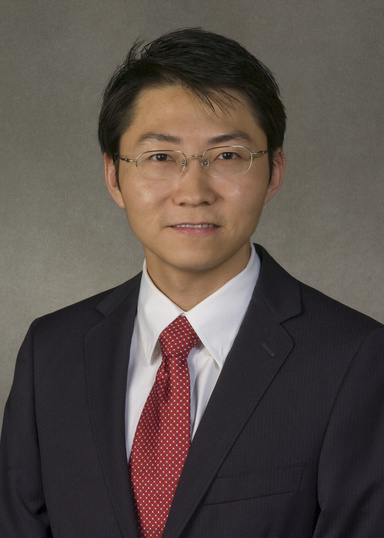Setting aside that parking spot right next to the office door for a company’s top performer might be one of the easiest things an employer can do to improve individual and team performance, according to a new study from the University of Iowa.
A team of UI researchers found that public-recognition reward programs like “employee of the month” led to an increase in employee productivity. But that increase didn’t come from extra work by the employee with the best parking spot on the lot; it was the result of increased performance by that employee’s co-workers, who wanted to be the next person to get the prime space.

Li and his co-authors came to their conclusions over the course of two separate studies—the first an experiment at a university in China and the second a field study at a Chinese factory. In the university experiment, 256 students were divided into teams to perform small tasks, such as making boxes, and managers praised the top performers in only half of the teams. Productivity increased in teams where a top performer was singled out for recognition, but the other teams saw no significant increase.
“Our findings reveal that formally recognizing a team member leads to positive changes in the collective performance of that person’s teammates,” says Ning Li, professor of management and organizations in the Tippie College of Business, whose studies show how managers and entrepreneurs can better lead employees to strengthen their businesses. “Formal social-recognition programs can potentially provide a motivational effect beyond individual recipients.”
The reliability of these findings was then tested at a factory in China, where some divisions started employee-of-the-month programs and others did not. The results were similar: Divisions that named an employee of the month saw increased production; in the other teams, production was flat.
Li says some managers and scholars have come to believe that recognizing top performers might be counterproductive because it lowers the morale of employees who were not recognized. However, the current study suggests that public recognition actually motivates other team members to be more productive, raising the performance of the entire group.
He adds that the study found motivational effects to be magnified when the recognized employee was one that other team members respected and turned to for advice.
For these programs to be most effective, Li says managers must offer the same rewards in every team in the firm and be seen to be fair when deciding which employee to honor. When the selection appears arbitrary or is given to favored employees who don’t produce, the effects disappear and morale is undermined.
But Li cautions managers against expecting even better performance from employees they recognize because the actual employee of the month rarely increased performance. Li speculates those employees essentially max out their performance to receive the award, and saving those few extra steps from the best parking spot in the lot just isn’t enough to provide them with more juice.
Li’s paper, “Recognizing ‘Me’ Benefits ‘We’: Investigating the Positive Spillover Effects of Formal Individual Recognition in Teams,” was co-authored by T. Brad Harris, of Texas Christian University; Xiaoming Zheng and Xin Liu, of Tsinghua University; and Bradley Kirkman, of North Carolina State University. It’s published in the current issue of the Journal of Applied Psychology.